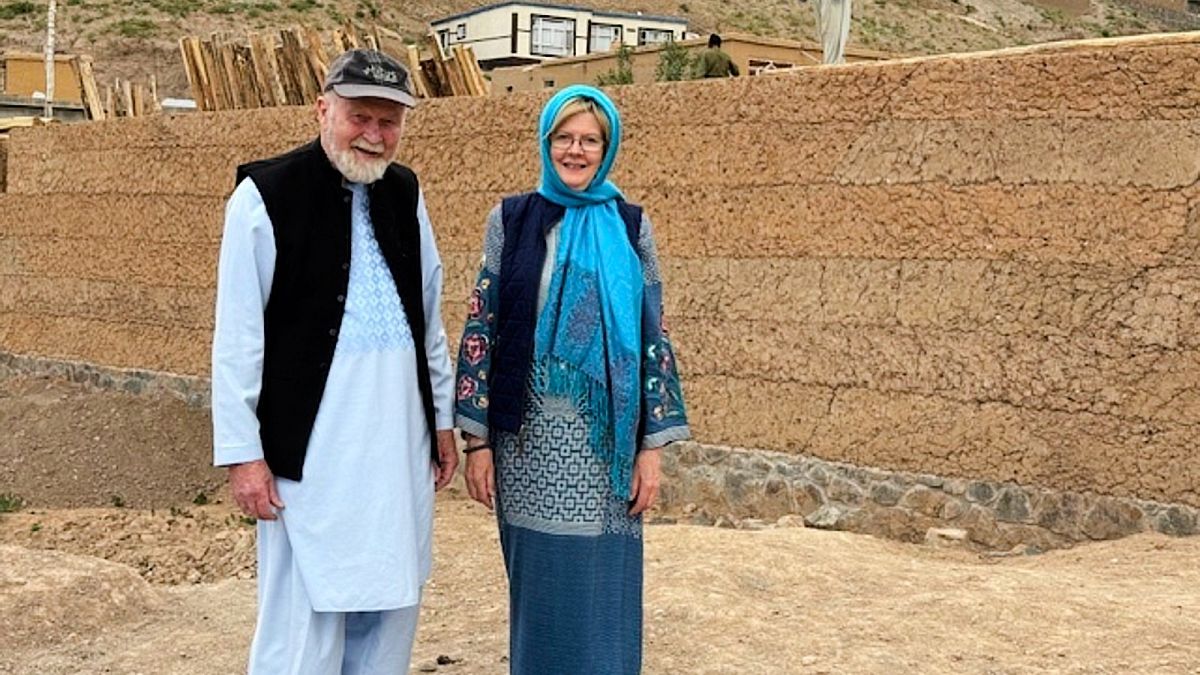

In a world defined by rapid change and complex issues, recent events continue to shape international dialogues and policies. This month, significant developments have emerged in Afghanistan, Ukraine, France, the Mediterranean, and the UK, each contributing uniquely to our global narrative. Through a calm and considered exploration, we delve into these tales of courage, legal battles, humanitarian efforts, and political advocacy.
In Afghanistan, a British couple, Peter and Barbie Reynolds, remain detained in a prison facility. Despite concerns raised by UN rights experts about the couple’s wellbeing, with warnings of potential irreparable harm or even death, the Taliban refutes claims of mistreatment. This situation underscores the delicate human rights landscape within the region, prompting international bodies to advocate for scrutiny and intervention. As dialogue continues, the well-being of detainees remains at the forefront of humanitarian concern.
Meanwhile, in Ukraine, citizens have taken to the streets in large numbers, protesting a new bill that threatens to undermine the independence of the nation’s anti-corruption institutions. In major cities like Kyiv, Lviv, Odesa, and Dnipro, demonstrators voice apprehension over governmental influence on bodies designed to keep corruption in check. This movement signals public determination to champion transparency and accountability within governance, reiterating the importance of grassroots engagement in shaping national policy.
Across the European continent, French President Emmanuel Macron and his wife, Brigitte, have initiated legal action against Candace Owens, a hard-right commentator. The Macrons allege that Owens has disseminated false and inflammatory rumors aimed at defaming the First Lady for personal gain. This legal suit highlights the ongoing global conversation about misinformation, freedom of speech, and the responsibilities that come with digital influence. Observers keenly watch as the courts navigate these complex socio-political waters.
In the Mediterranean, humanitarian campaigners trumpet concern over Italy’s detention of rescue vessels amid one of the world’s most perilous migration routes. Recently, the NGO vessel Aurora was detained for aiding migrants suffering from critical conditions in international waters. This incident spotlights the moral and practical challenges facing Europe regarding migration and refugee protection, emphasizing the tension between state sovereignty, humanitarian imperatives, and regional policy making.
Back in the UK, diplomatic figures are urging a nuanced approach to Middle Eastern affairs, specifically urging Keir Starmer to recognize Palestinian statehood. Their appeal coincides with the Archbishop of York’s criticisms of recent actions in Gaza, which he described as “depraved” and “barbaric.” The letter adds dimension to the ongoing discourse regarding peace, human rights, and international responsibilities in fostering lasting resolutions to protracted conflicts.
With these narratives unfolding across various spectrums of human experience and governance, this moment in history prompts reflection and action. The global community is reminded of the intertwined nature of justice, diplomacy, and advocacy. As new chapters emerge, the collective resolve to navigate challenges with dignity remains ever vital.
Source: {link}
